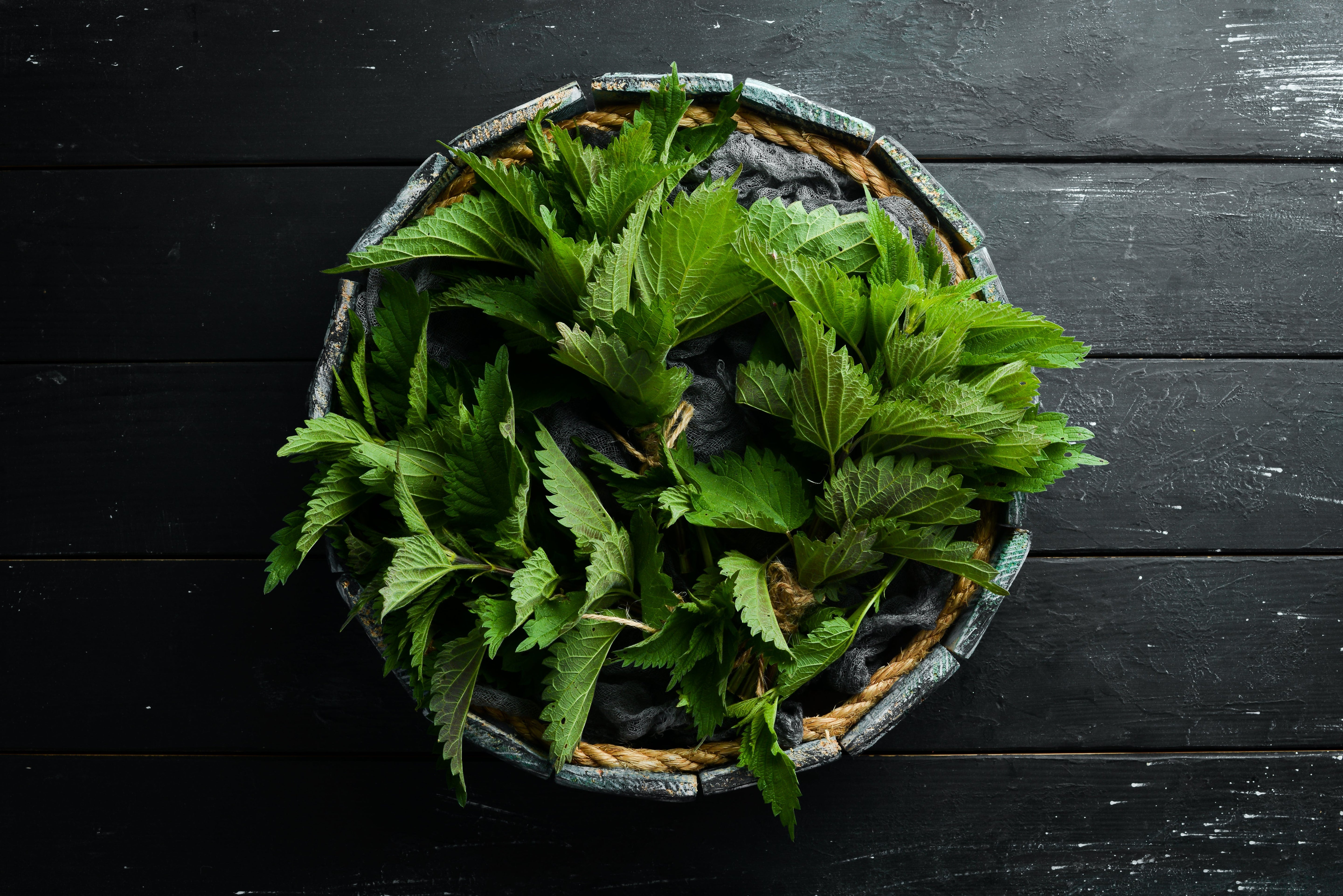Everything you should know about Sage

Sage is part of the mint family, alongside oregano, lavender, rosemary, thyme, and basil. The valuable properties of sage were already well known to Hippocrates and Galen. The ancient Greeks made "Greek tea". In the south of Europe, sage was called holy herb and European tea. In antiquity, the infusion of sage leaves and flowers was thought to be a good strengthening and gastric agent. In folk medicine, it has been recommended and is still used as an ingredient in mixtures in the treatment of liver, kidney and upper respiratory tract disorders as well as for rinsing tooth and gum disease. Over recent years, studies demonstrating the health benefits of sage have grown in number.
- Antioxidant Properties
Antioxidant compounds found in sage, such as rosmarinic acid, luteolin, and apigenin, can work to neutralize free radicals and prevent them from creating oxidative stress in the heart, organ systems, skin, joints, muscles, and even the brain.
- Can inhibit lactation
When the breastfeeding period ends, many mothers have a problem stopping the outflow of milk. Then, sage may come with help. Drinking 2 glasses a day of a warm infusion of its leaves will significantly reduce lactation after one week.
- Menstrual and menopausal complaints
Phytoestrogens, as well as tannins and essential oil, with diastolic and anti-inflammatory effects, make sage a very "feminine" herb. It helps to regulate abundant menstruation and reduces the accompanying pain. And during menopause, sage relieves hot flashes and reduces the incidence of night sweats, which are the bane of many women. In addition, it limits mood swings and helps to cope with insomnia.
- skin care
Sage leaves contain substances with proven beneficial effects on the skin. Essential oil and flavonoids help to cure blemishes, acne, psoriasis, and fungal infections. Mineral compounds have strong nutritional properties, and vitamins and phytohormones fight oxidative stress, delay skin aging and wrinkles. Therefore, sage is a valuable component of various skin care cosmetics for mature and problematic skin
- Aids in Digestion
A large amount of tannins, bitterness and resin compounds improves the digestive system. Aromatic leaves added to greasy and bloating dishes make them easier to digest. Sage tea after a meal stimulates the secretion of gastric juice and bile, facilitates digestion and assimilation of food. It also helps in the treatment of indigestion and flatulence, because it counteracts excessive fermentation and has diastolic properties. In addition, it lowers the level of sugar in the blood. Used regularly - stimulates the appetite.
- Fight against infections
The tannins contained in sage, essential oil and bitterness are a powerful weapon in the fight against infections. They act antiseptically and fungicide, inhibit the reproduction of bacteria responsible for the development of many infections. Therefore, mouth rinsing with sage infusions is used to treat mouth ulcers, aphthas and thrush, bleeding gums, but also to relieve sore throat and tonsillitis.
- Reduces sweating
A large amount of tannins and substances limiting the growth of bacteria very effectively copes with excessive sweating resulting, for example, from hyperthyroidism, neurosis or simple fever. The antiprotective infusion of sage leaves works 2-3 hours after drinking and can be effective even for 3 days. With strong sweating feet and hands it is also worth taking a bath in infusion.
This information is not intended to diagnose, treat, cure, or prevent any disease.
Not intended for use by pregnant or nursing women. If you have a medical condition or are taking medication, consult your doctor prior to use.






